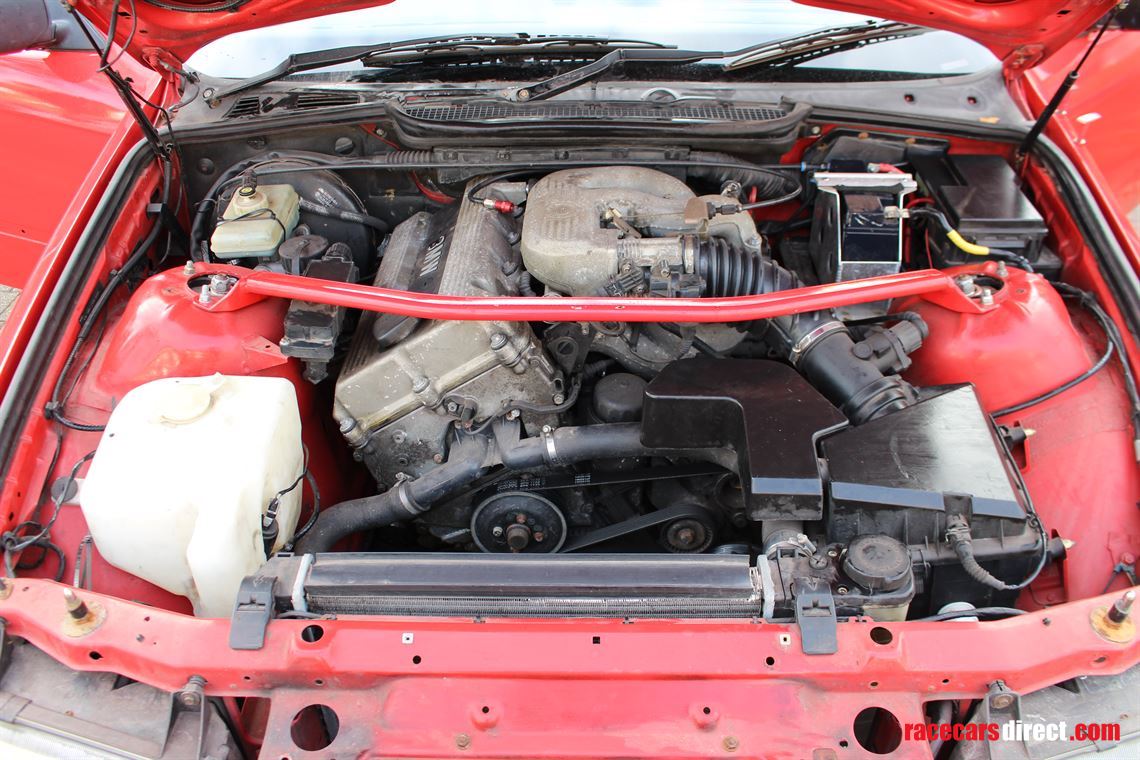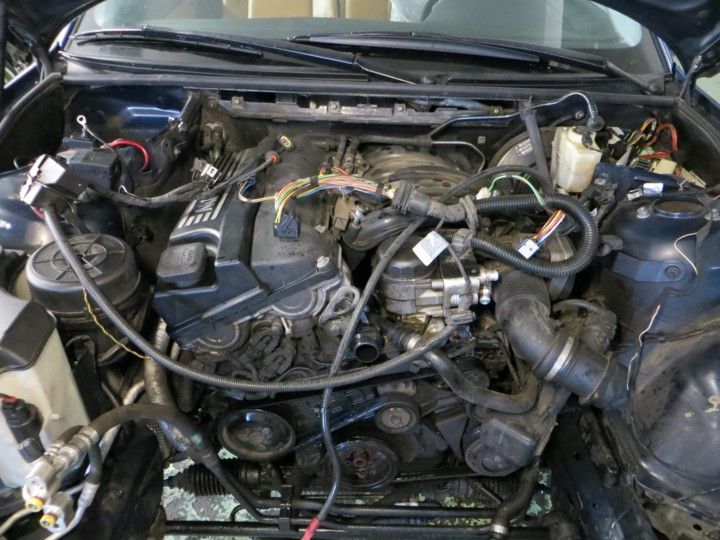The BMW 318ti: A Blend of Design, Comfort, and Efficiency
Key Features to Look for When Getting an Engine for Automotive Applications
When thinking about the purchase of an engine for automotive applications, several key functions warrant careful evaluation to ensure ideal efficiency and capability. From power and performance capabilities to sustain adherence, durability, and efficiency to emissions criteria, each facet plays a critical duty in identifying the engine's suitability for particular auto demands.
Power and Performance
When choosing an auto engine, customers prioritize power and efficiency to make sure optimum driving experience and performance. A well-performing engine not just provides power efficiently yet likewise operates smoothly throughout various rate arrays and driving problems.
Furthermore, elements such as engine crossbreed, variation, and turbocharging innovations play considerable duties in improving both power and efficiency degrees. Inevitably, picking an engine that provides a powerful mix of power and efficiency makes sure a efficient and enjoyable driving experience.
Fuel Effectiveness
Optimizing gas efficiency is a vital factor to consider for customers when evaluating auto engine alternatives. Modern engines with features like direct fuel injection, turbocharging, and variable shutoff timing can considerably boost fuel effectiveness by improving burning procedures and decreasing energy loss.

Resilience and Reliability
Attaining durable performance and dependable operation is essential for consumers examining the durability and reliability of automobile engines. When taking into consideration an engine for automotive applications, toughness describes the engine's ability to hold up against wear, stress and anxiety, and extreme operating conditions over an extensive period. Dependability, on the various other hand, suggests that the engine can constantly perform its designated feature without unanticipated malfunctions or failures.
Consumers ought to seek engines constructed with high-grade products and precise design to ensure durability. Components such as bearings, crankshafts, and pistons ought to be resilient to handle the engine's power result without early wear. Furthermore, engines equipped with innovative air conditioning systems, efficient lubrication, and robust filtering devices have a tendency to exhibit greater degrees of dependability.
Regular maintenance and adherence to maker suggestions are also crucial variables in maintaining an engine's durability and dependability. By complying with maintenance timetables, utilizing recommended fluids, and resolving any type of issues promptly, consumers can make the most of the lifespan and performance of their auto engines. Ultimately, prioritizing sturdiness and dependability in engine choice can bring about a much more satisfying possession experience with fewer unexpected disturbances.
Discharges Compliance
Ensuring compliance with exhausts policies is an important element of evaluating automobile engines for ecologically aware customers. With raising concerns regarding air high quality and environmental influence, rigorous discharges criteria have actually been put in location worldwide to minimize harmful pollutants launched right into the ambience. When acquiring an engine for automotive applications, it is important to consider its discharges conformity to lessen the carbon footprint and stick to legal requirements.
Modern engines are outfitted with advanced emission control technologies such as catalytic converters, exhaust gas recirculation (EGR) systems, and discerning catalytic decrease (SCR) to lower dangerous exhaust gases like nitrogen oxides (NOx), carbon monoxide gas (CO), and hydrocarbons (HC) These systems play a critical function in making sure that the engine satisfies the defined discharges standards and operates within permissible limits.

Cost-effectiveness
When thinking about automotive engine purchases, evaluating cost-effectiveness is paramount for consumers seeking both efficiency and value. It encompasses the overall costs connected to upkeep, fuel consumption, and possible repairs over the engine's life expectancy.
Engines that are designed to make best use of fuel economic climate can lead YOURURL.com to significant cost savings over my response time, particularly for people who drive often or over long ranges. bmw 318ti. In addition, considering the availability and affordability of extra parts and servicing can contribute to the overall cost-effectiveness of an engine.

Final Thought
In final thought, when acquiring an engine for automotive applications, it is crucial to take into consideration crucial features such as power and efficiency, gas toughness, performance and reliability, discharges compliance, and cost-effectiveness. These aspects are necessary in guaranteeing that the engine satisfies the requirements of the lorry and operates effectively in different driving problems - bmw 318ti. Making a notified decision based upon these requirements will ultimately result in a successful and reliable automotive engine acquisition
From power and efficiency abilities to sustain effectiveness, longevity, and adherence to emissions requirements, each aspect plays a vital duty in identifying the engine's suitability for details vehicle needs. Engines developed to run on alternate gas such as look at here now electric power, hybrid systems, or biofuels can provide enhanced gas economic situation and lower exhausts contrasted to standard gasoline or diesel engines. Consumers should meticulously take into consideration the fuel effectiveness ratings and innovations integrated right into auto engines to make educated investing in decisions that line up with their priorities for price financial savings and sustainability.
When taking into consideration an engine for auto applications, longevity refers to the engine's capability to endure wear, tension, and harsh operating problems over an extensive period.In verdict, when acquiring an engine for automobile applications, it is important to take into consideration crucial attributes such as power and performance, fuel performance, reliability and sturdiness, emissions conformity, and cost-effectiveness.